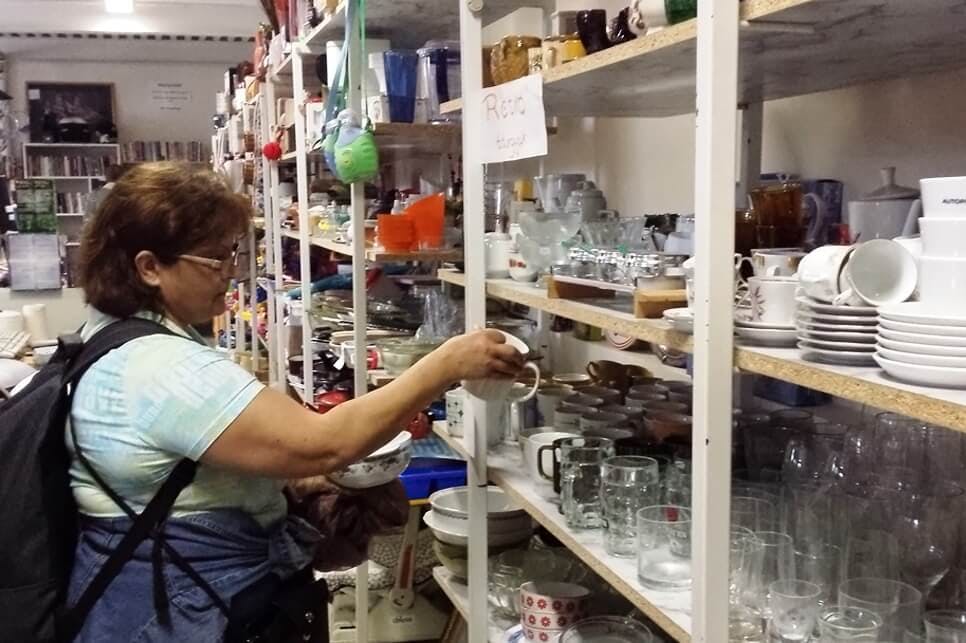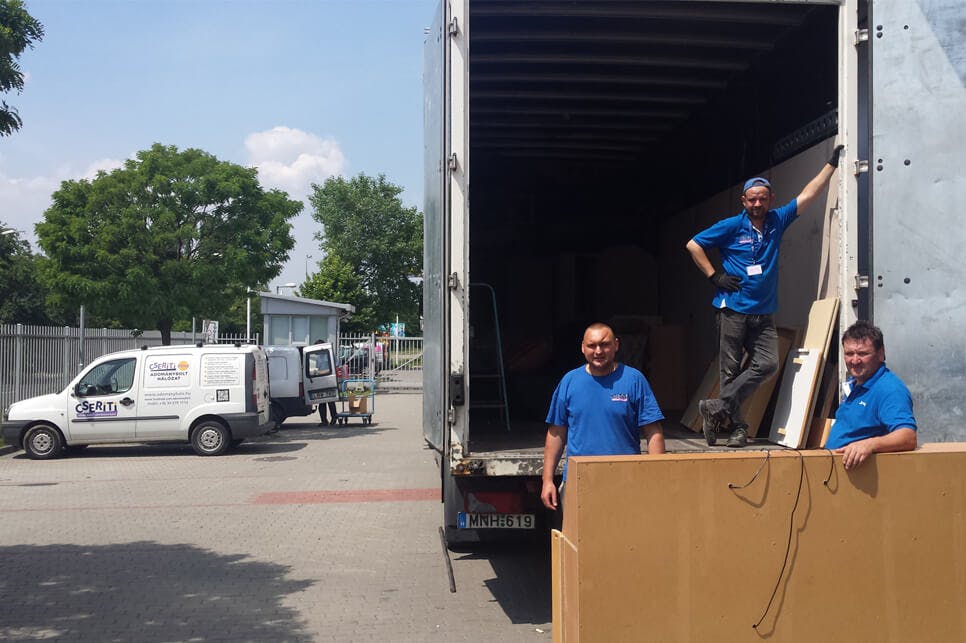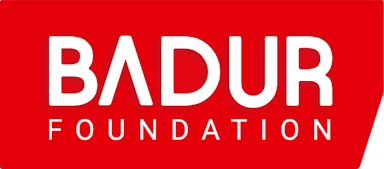Charity shops couple an important social impact with significant environmental benefits. Badur Foundation in cooperation with PBG FMC and Impact Accelerator was proud to support the acceleration of Cseriti, Hungary’s first charity shop network that plans to expand its chain across Budapest and beyond.
The first charity shop in the UK was opened in 1899, and by now there are around 10,500 operating shops across the UK and Ireland. The concept is not only widely used in the UK, but charity shops are also widespread in other European countries. The conceptual and business models of these initiatives show remarkable national patterns. In the UK model, shops are usually operated by a not-for-profit organisation and run by volunteers. The low operating costs then enable the parent charity to use the profits to sponsor its primary purpose-led activities. In the German model, shops tend to employ individuals, who otherwise would not find a job on the primary labour market. Thus, the revenue is primarily used for expansion so that the charity shop network can create further employment opportunities and multiply its social impact. Notwithstanding both models have common additional benefits such as reusing second-hand items and saving them from the landfill.
Cseriti set up its first shop in 2011 in Budapest and, ever since, more and more sites have been opened. The network currently operates 9 shops. Cseriti follows the German model and has a threefold impact: Cseriti makes shopping affordable for those in need, creates environmental benefits through reuse, and offers employment opportunities for the unemployed.
The management of Cseriti has an ambitious plan for the future of its operations. In the short term, they would first like to expand the chain across Budapest, potentially followed by a country-wide expansion in the long run. In order to prepare for this process of expansion, Cseriti took part in the Impact Accelerator programme run by Civil Support. Badur Foundation, in cooperation with PBG FMC, committed to contribute to the financial costs of the acceleration in addition to offering their strategic input. The ultimate aim was to help the enterprise become investment-ready so that they can scale up their operations and social impact.
The acceleration started in the spring of 2017 and ran through the autumn of 2018. The process enabled Cseriti to evaluate its current operational model and devise a growth strategy. This was supported by a complex business model capable of testing different scenarios. Cseriti, along with the Foundation and other intermediaries, deemed the process very insightful and beneficial.



